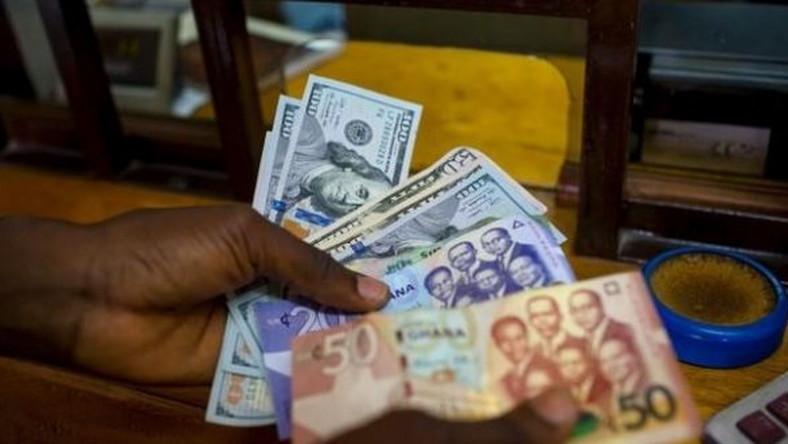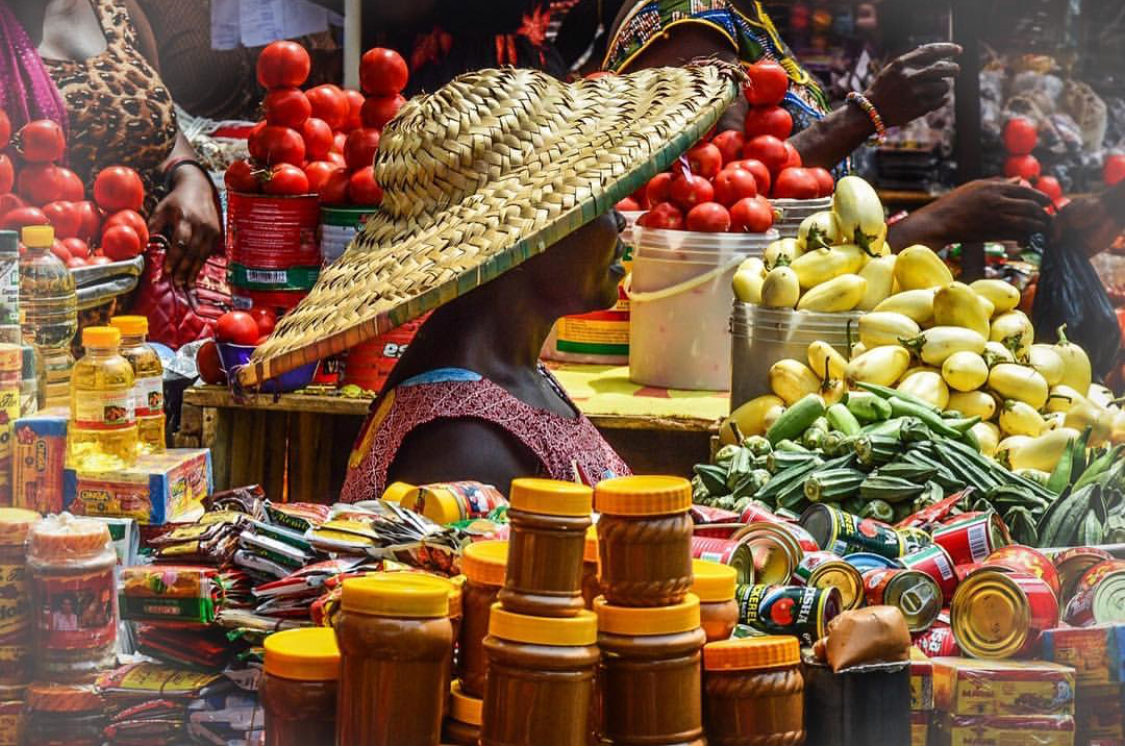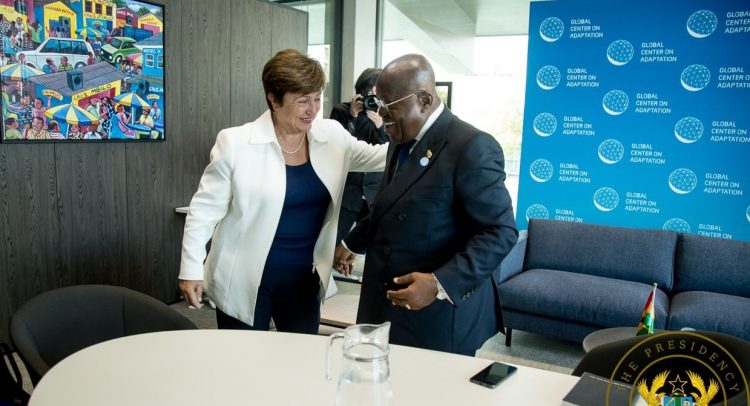On Friday, 1 July 2022, Ghanaians woke up to the expectation of 62nd Republic Day anniversary activities.
However, they were hit with the breaking news of Ghana heading to the International Monetary Fund(IMF) for economic support.
It might have been one of the most challenging statements for Information Minister Kojo Oppong Nkrumah to string together, considering the government’s insistence that it would not seek another IMF programme after the last one under the previous administration.
Expenditure cuts, the introduction of the 1.5% Electronic Transaction Levy (E-Levy) and many other measures could not save the situation due to economic shocks attributed to factors such as the COVID-19 pandemic and the Ukraine-Russia war.
This news was met with divided opinions from citizens reeling from the impact of the spillover of a global spike in the cost of living with record high inflation rates.
Some Ghanaians, including economic experts, have thrown their support behind the government, citing benefits the nation will derive from an IMF bailout, but others are vehemently against the deal.
Even though critics have laid out some adverse effects, they are not detrimental to the long-term well-being of the economy.
Whichever side one argues from, it cannot be denied that Ghana stands to benefit from an IMF deal once it is successful.
As the debate raves on, The Ghana Report examines the benefits Ghana could gain from its 17th IMF programme.
===================================================================
- IMF will assist Ghana in restoring macroeconomic stability
Macroeconomic stability could be described as internal and external balance, which implies stable economic growth.
Revenue boost, expenditure rationalization, stable inflation, improved Gross Domestic Product (GDP), increase in capital expenditure and continuous social enhancement programmes are some areas that could get a boost.
Without this stability, internal and external investors will divert their resources elsewhere, worsening the country’s woes.

- Minimal to near interest-free loans to raise confidence in the economy
With Ghana’s public debt at approximately GHC 392 billion, according to the Bank of Ghana (BoG), it is fair to say the IMF bailout will be almost a lifesaver.
This intervention will salvage the dwindling confidence debtors, and prospective investors have in the country.
The country could rely on some funds to meet its interest payment obligations without defaulting and bring down the Debt to GDP ratio of 78.3% recorded as of June 2022.
- Ghana will receive technical support and advice
With a high level of technical guidance and supervision, Ghana’s finances will be placed on a sound footing by improving accounting standards, procedures, and technology.
Sharing knowledge and best practices will lead to strong institutions and effective policies.
- The country will receive assistance to safeguard debt sustainability
The IMF will limit Ghana’s excessive spending and create new revenue sources.
They will also impose reforms on the economy like fighting corruption, controlling money supply, and fiscal responsibility to help prevent crises and ensure long-term development.
- The IMF will strengthen Ghana’s monetary policy
With the promise of sustainable growth and prosperity for all its 190 member countries, the IMF will support economic policies that promote financial growth essential to productivity and growth.
Also, the restrictions the IMF imposes will prevent the central bank from financing budget deficits, which is a major cause of inflation.
- An IMF programme will strengthen the cedi

In 2015, Ghana received a loan of $918 million from the Bretton Woods organization to boost the depreciating cedi, and it helped stabilize the economy.
With an estimated $2 billion expected in this deal, as the Minister of Information suggested, the fast depreciating cedi will most likely be ‘arrested’ to do well against the US dollar. A feat the nation needs at the moment.
- The bailout will improve the cost of living for Ghanaians.

When Ghana gains macroeconomics stability, the inflation rate will reduce and stabilize the increasing cost of food and services. This will lighten the financial burdens of the citizenry.
With policies that boost agriculture and local production of selected imported goods, the supply chains could mitigate demand and high prices to drive costs down.
- Trade, business and employment boost
The cedi to dollar rate is bringing many businesses, particularly importers, to their knees.
A stronger cedi will relieve business owners and encourage new entrepreneurs to start, this will contribute immensely to a reduction in unemployment.




John Agyekum Kuffour took us to hipic and Akuffo Addo took us to imf why this too much talking for npp
If when there was no worldwide crises such as COVID n Russia war which has hit many nations hard, John Mahama went for IMF bail out for policy credibility.
Ghana was ranged the most fasters growing economy in 2017, 2018 to 2019 before COVID hit the whole world.
Trainees allowances restored, free shs came to light. Let’s give credit where it’s due. It’s not easy anywhere in this very moment.
If when there was no worldwide crises such as COVID n Russia war which has hit many nations hard, John Mahama went for IMF bail out for policy credibility.
Ghana was ranged the most fasters growing economy in 2017, 2018 to 2019 before COVID hit the whole world.
Trtainees allowances restored, free shs came to light. Let’s give credit where it’s due. It’s not easy anywhere in this very moment.